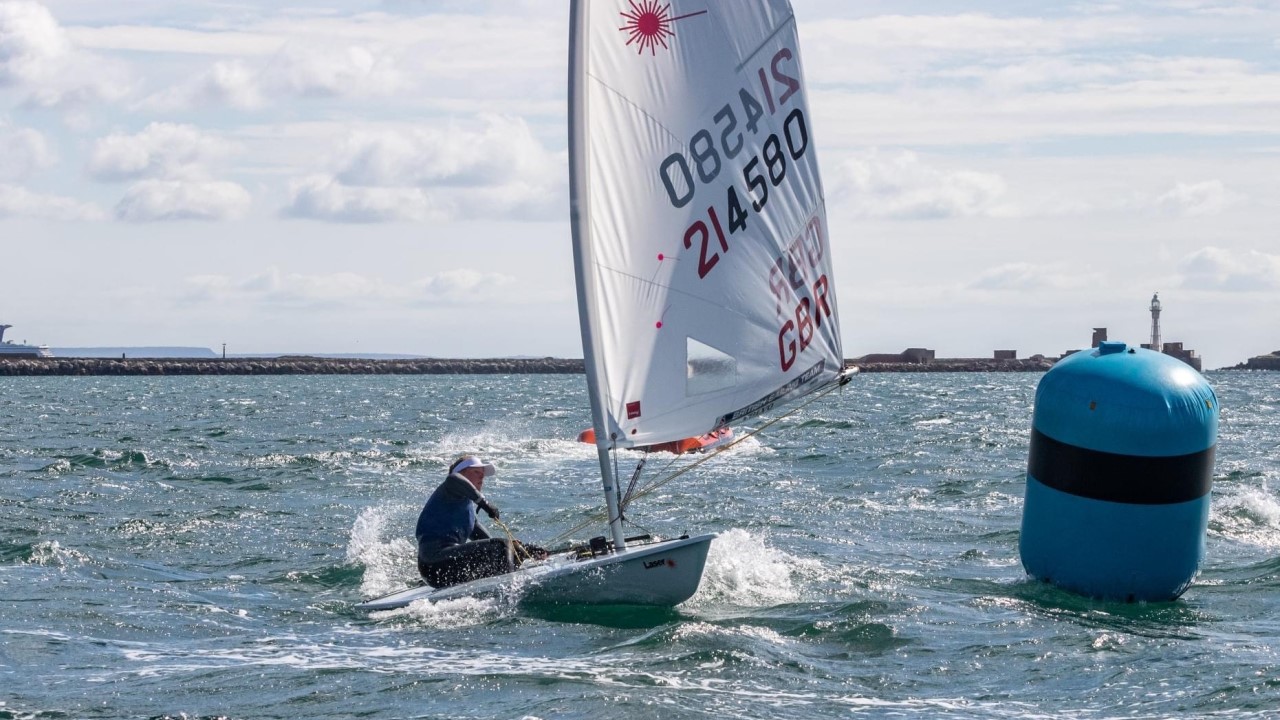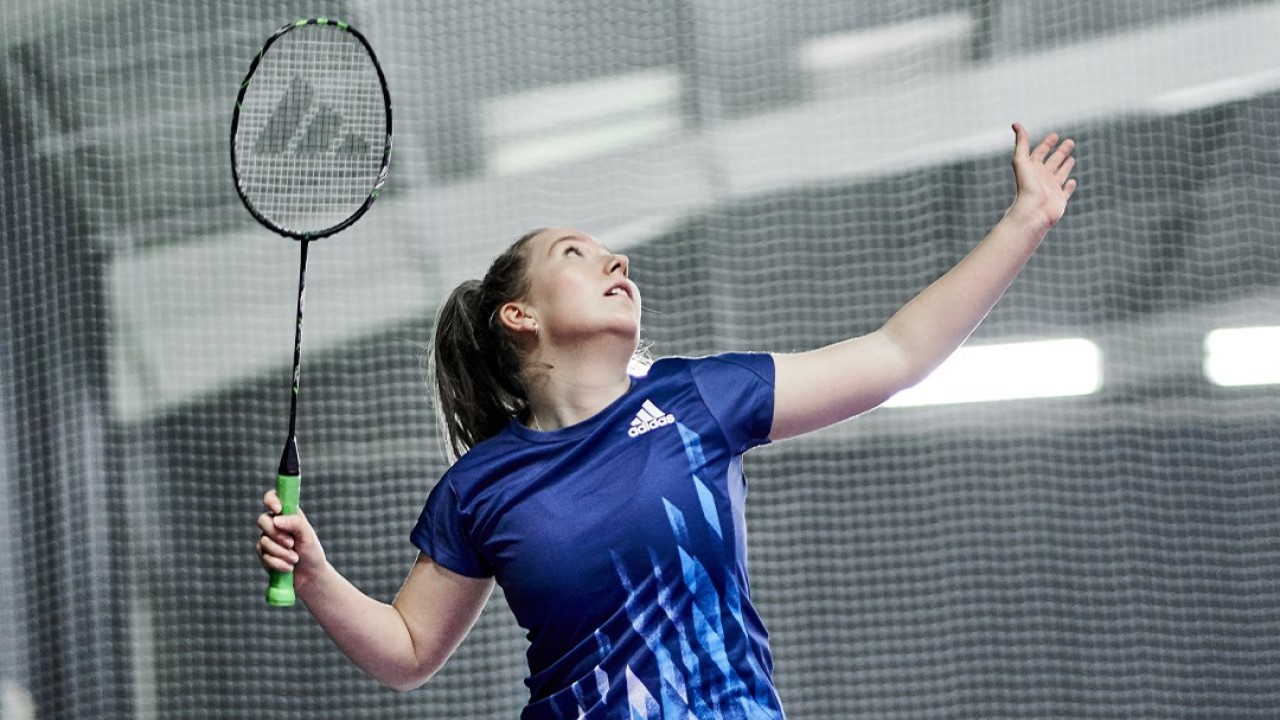
“Sailing is quite an expensive sport, so the scholarship is really useful. There’s a lot of equipment that needs buying, and you’ve got to have the best if you want to be racing at the top level. We do a lot of travelling, as well, so the costs really add up. That financial support is so helpful.
“On Monday, Wednesday and Friday I have strength and conditioning training, so I’m up at 7am. My session runs from 7.30am to 8.30am, then I come back and have some breakfast.
“I have about an hour and a half in the morning to sit down and do a little bit of work. Usually that’s my admin time, when I do lots of planning. I have a Zoom meeting with my coaches at about 11.30am to talk through goals for the day and plans for when we’re on the water – we sometimes also debrief from the day before, too.
“We then typically train at 12.30pm or 1pm. We go down to the boat park, which is only a 10-minute walk from our accommodation. Our sailing sessions are usually about two to three hours long, and I'm training here with one of my best friends. We’re both very competitive, which makes the training efficient and ensures we get the most out of it.
“After coming back and having some food, it’s usually the time where I put aside around two-and-a-half hours to do work. I find it really good to do little and often, rather than leaving it all to the last minute and then having to put aside three days where, ideally, I'd want to be on the water.
“I’m now in my third year of studying psychology, but I’ve split it across two years to make it a bit easier. I found last year quite challenging because the workload was heavy, but I learnt a lot from it. The main thing for me is just being really disciplined.
“It is difficult trying to balance everything – especially when you're training alongside people who aren’t doing degrees – but it’s just what’s got to be done if you want to achieve in sports and studies. I’ve been fortunate so far, and I’ve been quite successful at both. I also really, really enjoy being busy!”

